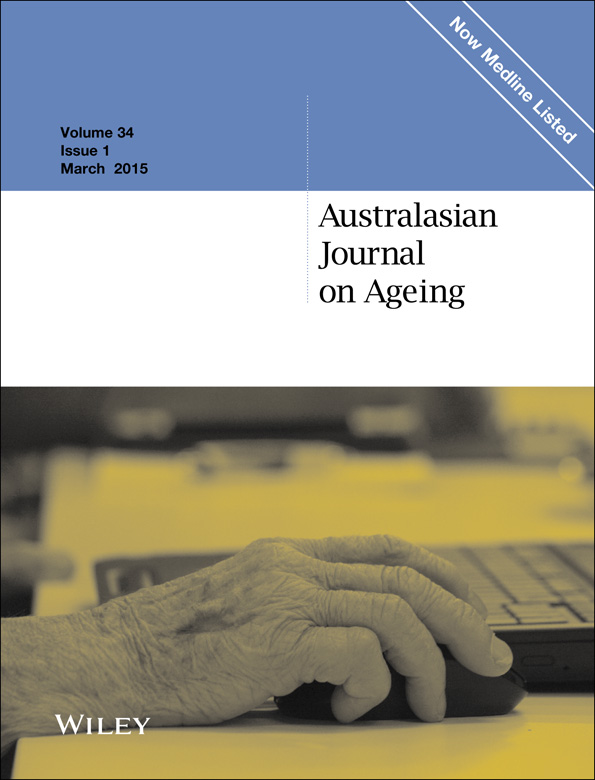Older people's attitudes towards resuming driving in the first four months post-stroke
Abstract
Aim
Little is known about how older people recovering from stroke perceive their return to driving, particularly in the early stages of recovery when they may receive driving information.
Methods
Semistructured interviews were conducted with 21 participants (52% female, mean age 74.5 years) within the first 16 weeks post-stroke, while inpatients in either acute or rehabilitation stroke wards. Interview data were analysed using content analysis.
Results
Three main themes emerged: ‘driving as independence’, ‘emphasis on physical recovery’, and ‘limits on driving pre-stroke’.
Conclusions
For the most part, driving was not a key consideration for participants during this phase of their recovery. Physical restrictions and confidence were seen as the main deterrent to driving post-stroke; however, this varied according to gender. Driving information is generally not retained in the first four weeks of recovery post-stroke. This has implications for the content and timing of driving information given post-stroke.




